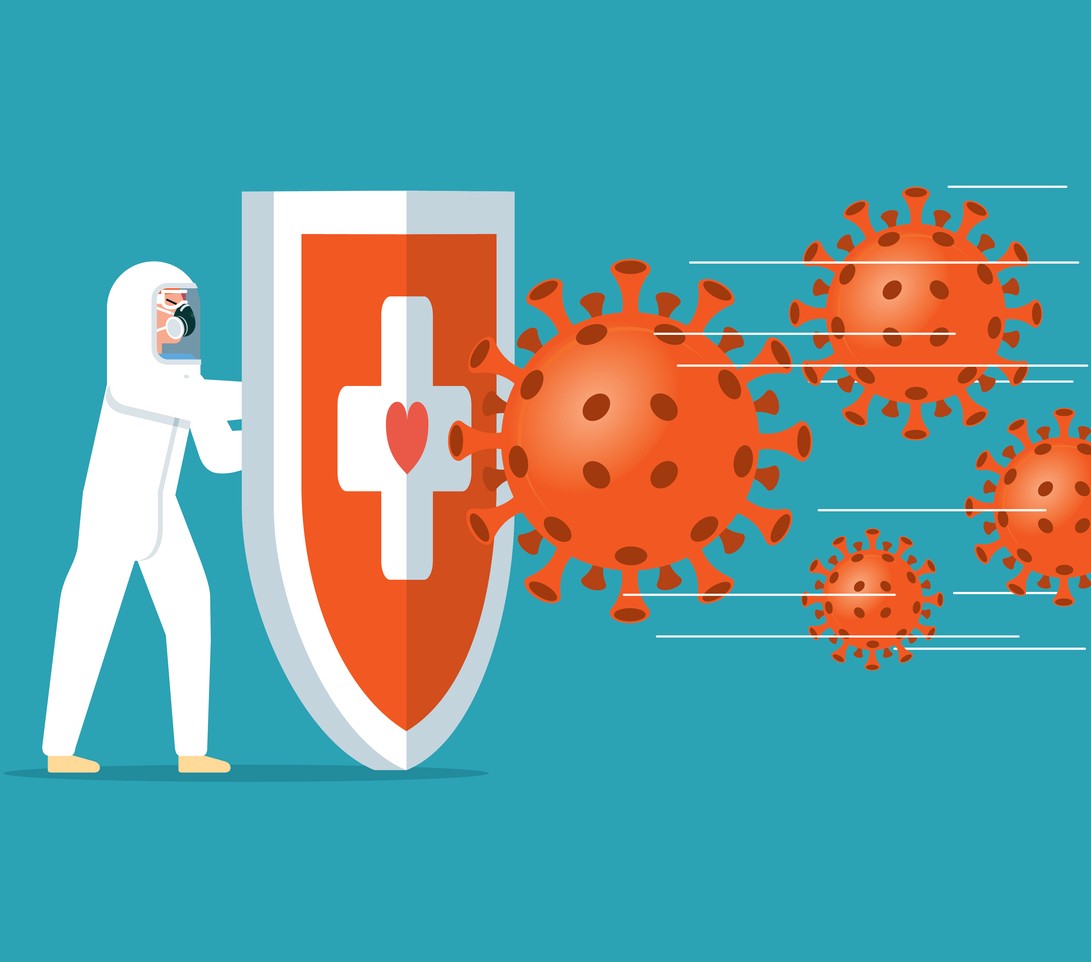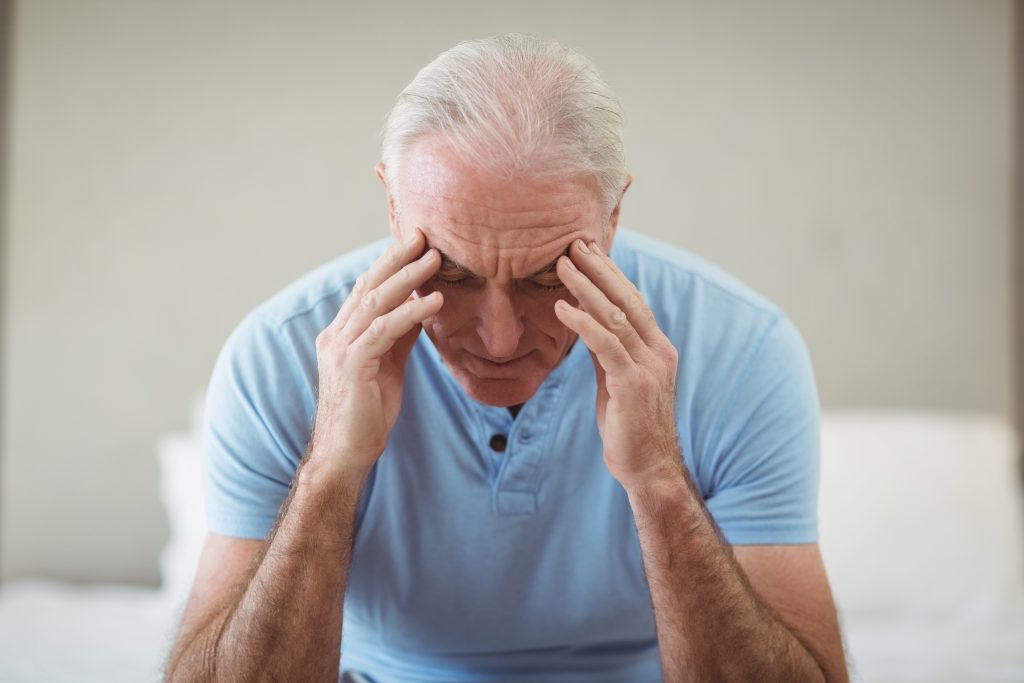
Staying Healthy During COVID-19
Detailed Planning Guidance
You can plan and make decisions now that will protect you and your family during a COVID-19 outbreak.
Stay informed and in touch
- Get up-to-date information about local COVID-19 activity from public health officials.
- Ask your neighbors what their plan includes.
- Create a list of local organizations you and your household can contact in case you need access to information, healthcare services, support, and resources.
- Create an emergency contact list including family, friends, neighbors, carpool drivers, healthcare providers, teachers, employers, the local public health department, and other community resources.
Prepare for possible illness
- Consider members of the household that may be at greater risk such as older adults and people with severe chronic illnesses.
- Choose a room in your house that can be used to separate sick household members from others.
Take everyday preventative steps
- Wash your hands frequently.
- Avoid touching your eyes, nose, and mouth.
- Stay home when you are sick.
- Cover your cough or sneeze with a tissue, then throw the tissue in the trash.
- Clean and disinfect frequently touched objects and surfaces.
- Be prepared if your child’s school or childcare facility is temporarily dismissed or for potential changes at your workplace.
How to Protect Yourself
Watch for symptoms
- Stay home and speak to your healthcare provider if you develop any of these symptoms:
- Fever or
- Cough or
- Shortness of breath
- Keep away from others who are sick.
- Limit close contact with others as much as possible (about 6 feet).
When to Seek Emergency Medical Attention
Look for emergency warning signs* for COVID-19. If someone is showing any of these signs, seek emergency medical care immediately
- Trouble breathing
- Persistent pain or pressure in the chest
- New confusion
- Inability to wake or stay awake
- Bluish lips or face
*This list is not all possible symptoms. Please call your medical provider for any other symptoms that are severe or concerning to you. Call 911 or call ahead to your local emergency facility: Notify the operator that you are seeking care for someone who has or may have COVID-19.
If someone in your home is sick
- Continue to practice everyday preventive actions.
- Keep the ill person in a separate room from others in the household.
- If caring for a sick household member, follow recommended precautions and monitor your own health.
- Keep surfaces disinfected.
- Avoid sharing personal items.
- If you become sick, stay in contact with others by phone or email.
- Stay informed about the local outbreak situation.
- Notify your work if your schedule needs to change.
- Take care of the emotional health of your household members, including yourself.
Those at higher risk of severe illness
Take additional precautions for those at higher risk, particularly older adults and those who have severe underlying health conditions.
- Consider staying at home and away from crowds.
- Make sure you have access to several weeks of medications and supplies in case you need to stay home.
- When you go out in public, keep away from others who are sick and limit close contact with others.
- Practice good hand hygiene.
Children
- Notify your child’s school if your child becomes sick with COVID-19.
- Keep track of school dismissals in your community.
- Discourage children and teens from gathering in other public places.
Outbreaks can be stressful

The outbreak of coronavirus disease 2019 (COVID-19) may be stressful for people. Fear and anxiety about a disease can be overwhelming and cause strong emotions in adults and children. Find ways you and your family can reduce stress. Stress during an infectious disease outbreak can include:
- Fear and worry about your own health and the health of your loved ones.
- Changes in sleep or eating patterns.
- Difficulty sleeping or concentrating.
- Worsening of chronic health problems.
- Worsening of mental health conditions.
- Increased use of alcohol, tobacco, or other drugs.
Everyone reacts differently to stressful situations
How you respond to the outbreak can depend on your background, the things that make you different from other people, and the community you live in.
People who may respond more strongly to the stress of a crisis include:
- Older people and people with chronic diseases who are at higher risk for severe illness from COVID-19.
- Children and teens.
- People who are helping with the response to COVID-19, like doctors, other health care providers, and first responders.
- People who have mental health conditions including problems with substance use.
Take care of yourself and your community
Taking care of yourself, your friends, and your family can help you cope with stress. Helping others cope with their stress can also make your community stronger.
Ways to cope with stress
- Take breaks from watching, reading, or listening to news stories, including social media. Hearing about the pandemic repeatedly can be upsetting.
- Take care of your body.
- Take deep breaths, stretch, or meditate .
- Try to eat healthy, well-balanced meals.
- Exercise regularly, get plenty of sleep.
- Avoid alcohol and drugs .
- Make time to unwind. Try to do some other activities you enjoy.
- Connect with others. Talk with people you trust about your concerns and how you are feeling.
Need help? Know someone who does?
If you, or someone you care about, are feeling overwhelmed with emotions like sadness, depression, or anxiety, or feel like you want to harm yourself or others:
- Call 911.
- Visit the Disaster Distress, call 1-800-985-5990, or text TalkWithUs to 66746.
- Visit the National Domestic Violence or call 1-800-799-7233 and TTY 1-800-787-3224.
Also on the website:
Other Frequently Asked Questions and Answers About:
- Travel
- Water Transmission
- Healthcare Professionals
- Healthcare Infection
- Laboratory Viral Panels
- Laboratory Biosafety
- General Business
- Personal Protective Equipment
- K-12 Schools and Child Care Program Administrators
- Community events: for administrators and individuals
- Retirement Communities and Independent Living Facilities
- Correctional and Detention Facilities
- Event Organizers & Individuals
- Cloth Face Coverings

